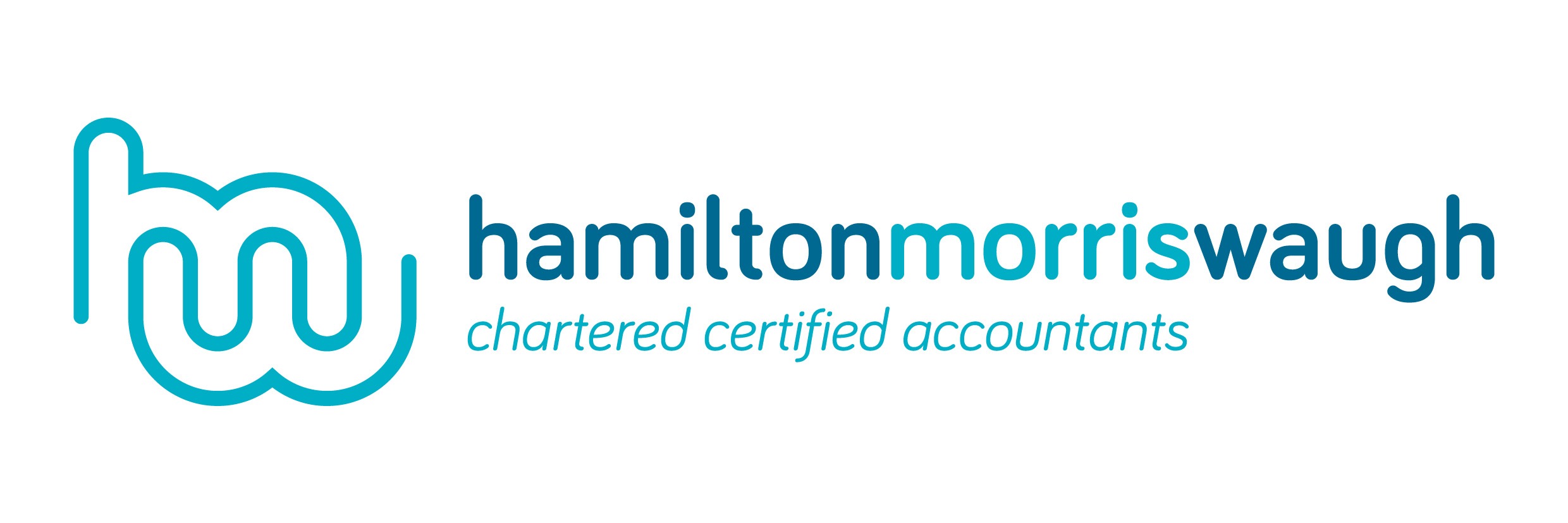If you decide to transfer your sole trader or partnership business into a limited company, incorporation relief can make it easier and more affordable to change your business structure – but how exactly does it work?
In this blog, we break down the common myths and misconceptions surrounding incorporation relief, and what the reality truly is.
What is incorporation relief?
If you sell business assets that have appreciated in value, you may need to pay capital gains tax (CGT) on the profits. However, this can make incorporation more difficult for business owners who want to change their business structure.
Incorporation relief allows self-employed individuals to delay paying capital gains tax (CGT) when transferring their business assets to a limited company in return for shares in that company.
Only self-employed people working as sole traders or in a partnership are eligible for this relief.
5 common myths and misconceptions of incorporation relief
1) Incorporation relief exempts you from capital gains tax
Perhaps the most common myth about incorporation relief is that it completely exempts businesses from paying CGT – but this isn’t the case.
Rather, incorporation relief allows you to delay the payment of CGT. So when you incorporate and create shares for your company, you won’t pay tax on the gains until you sell them. Once the sale is made, the profit (or gain) you make will be taxable.
2) Incorporation relief is available on cash and shares
When you incorporate your business, you may receive cash as well as shares. However, you will only receive incorporation relief on the proportion of the business you exchanged for shares. That means CGT will be payable on any cash you receive.
3) You need to manually apply for incorporation relief
Unlike filing your company’s annual tax return or submitting your statutory accounts, you don’t need to manually apply for incorporation relief.
Once you’re officially incorporated, HMRC will determine if you’re eligible for incorporation relief. If you meet the requirements that we discussed above, you’ll automatically receive it.
4) Your business needs to be a certain size to claim the relief
Incorporation relief is available for businesses of all sizes. Anyone who transfers their business and its non-cash assets in exchange for company shares will be eligible for this tax break.
It’s worth noting, however, that your business needs to be a ‘going concern’ to receive incorporation relief. That means it must be able to meet its financial obligations on a continuous basis. In other words, your business is making enough of a profit to continue functioning.
5) Incorporation relief is mandatory
As incorporation relief is applied automatically, a common misconception is that all limited companies must receive it, regardless of their preferences.
However, you do not have to receive incorporation relief if that doesn’t suit you and your business. One limitation this relief brings is that once you have received it, you can no longer set your future trading losses against your other income.
In cases where you give away assets or sell them for less than they’re worth, gift hold-over relief may be a more suitable alternative.
If you don’t want to receive incorporation relief, you should inform HMRC as soon as possible.
Get to grips with incorporation relief
If you’re considering incorporating your sole trader or partnership business, it’s important to know how incorporation relief works, the eligibility criteria, and whether it’s right for you.
Hamilton Morris Waugh can offer expert capital gains tax advice to guide you through this process. We’ll help you optimise your tax position, walking you through all your options and ensuring that embarking on this next stage of your business journey is as smooth as possible.
Get in touch with us to discover more about our business tax services.


